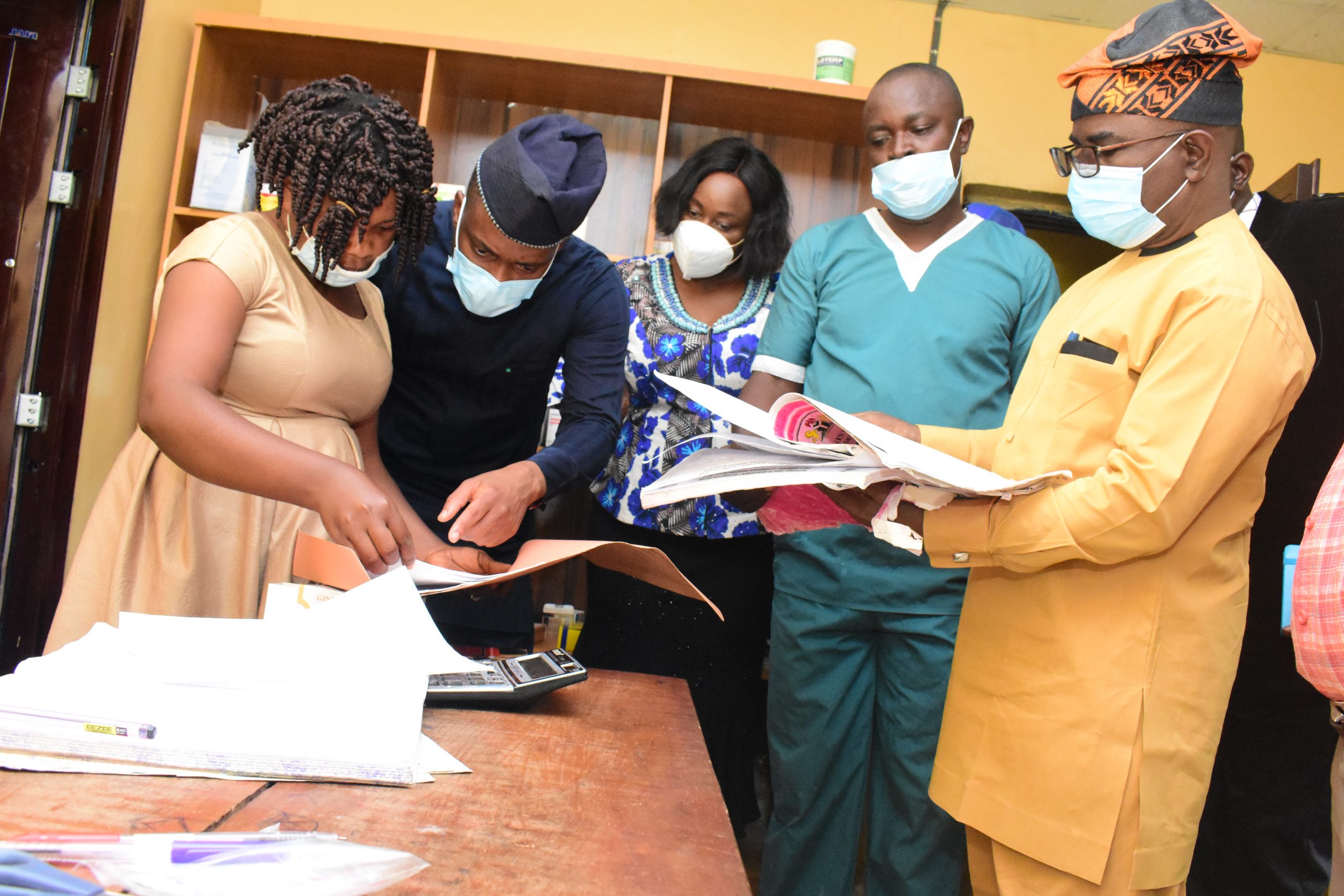When Dr Uzoamaka Onyeama completed her medical training and was posted to Ekiti State for National Youth Service, she said that she “wasn’t sure of what to expect as I’ve had my entire education in the southeast”. At the time, the state was actively engaged in strengthening health service delivery through the Medical Corps Fellowship and other interventions, led by the Honourable Commissioner for Health and Human Services, Dr Oyebanji Filani and his team. Their work encouraged Dr Onyeama and other medical corps members to work in rural communities to improve delivery of quality healthcare service in primary healthcare centres (PHCs).
Leading with evidence
When he assumed office in September 2020, Dr Filani and his team focused on building a sustainable health system. “Our approach was first to understand what the challenges were,” said Dr Filani. He knew what he wanted to achieve — advance the work of his predecessors and strengthen the health system in Ekiti State to improve the delivery of quality healthcare services.
To get a clearer picture of the healthcare delivery gaps, an analysis of the state’s health sector was conducted. The findings revealed the service delivery limitations, fiscal constraints, and human resource capacity gaps that needed to be addressed. They also provided an insight into the workings of the state’s health system by inviting key senior officers from the Ministry of Health to make presentations. “Enabling us to understand health programs that were on and to gauge staff capacity,” said Dr Filani.
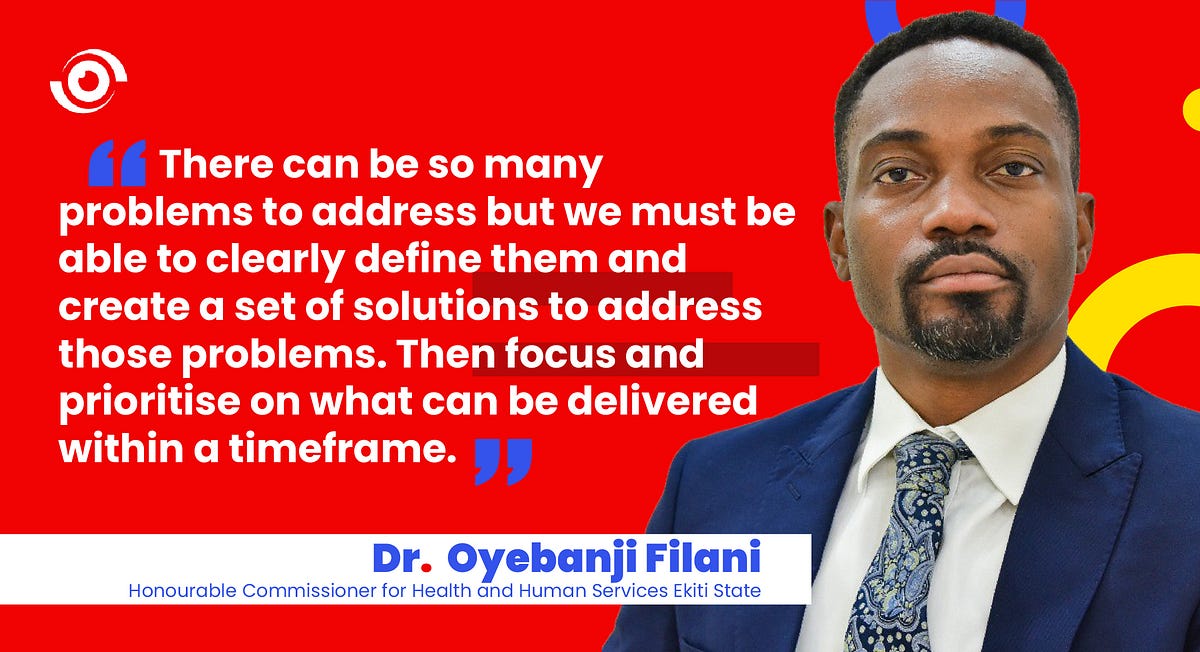
Findings were shared at a retreat with representatives from the Office of the State Governor, State House of Assembly, Committee Chair on Health, Ministry of Finance and Economic Planning and development partners. The State Governor, Dr Kayode Fayemi also participated in the retreat. These stakeholders represent important pillars of a functional health system because beyond the services provided by health workers, sustainable finance and governance structures are critical to ensure accountability.
The retreat enabled the team to define the problems in the health system, and to map out potential solutions. Knowing that the government could not solve every problem, it was important to prioritise what would be addressed within the administration’s term. Dr Filani said they went about the next steps with a key question in mind — “How do we set up solutions in a sustainable way?”
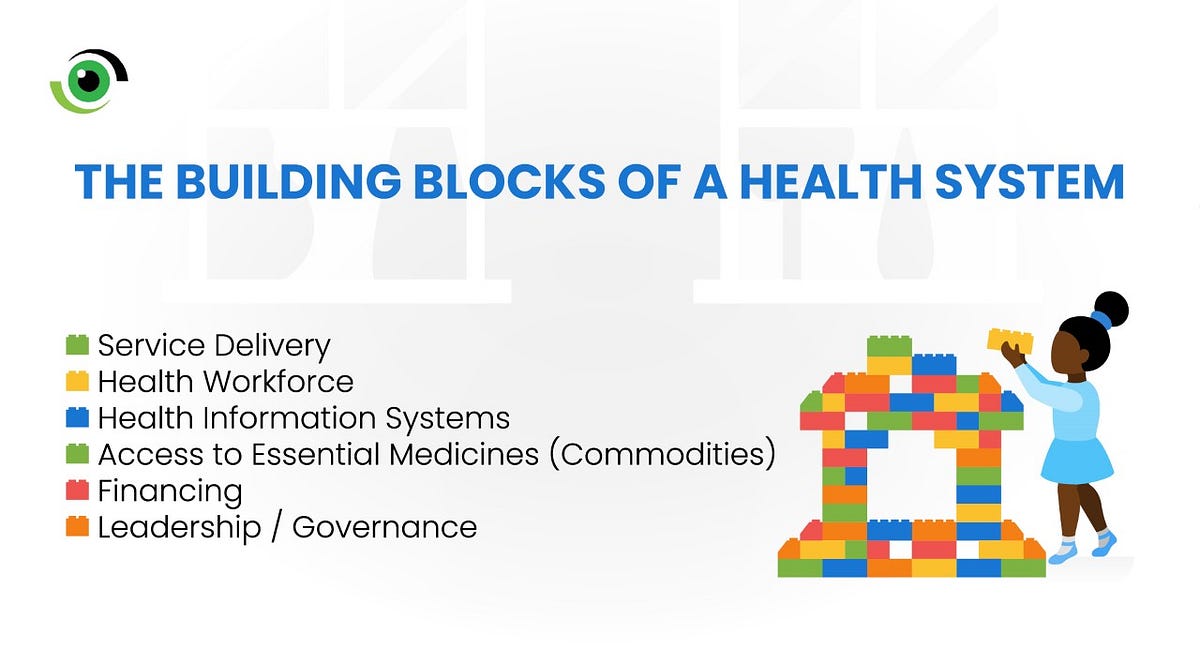
Focusing on priority areas
Three priority areas were highlighted for immediate attention:
(1) Quality of care
(2) Performance management using data to inform decision making
(3) Strengthening public health security
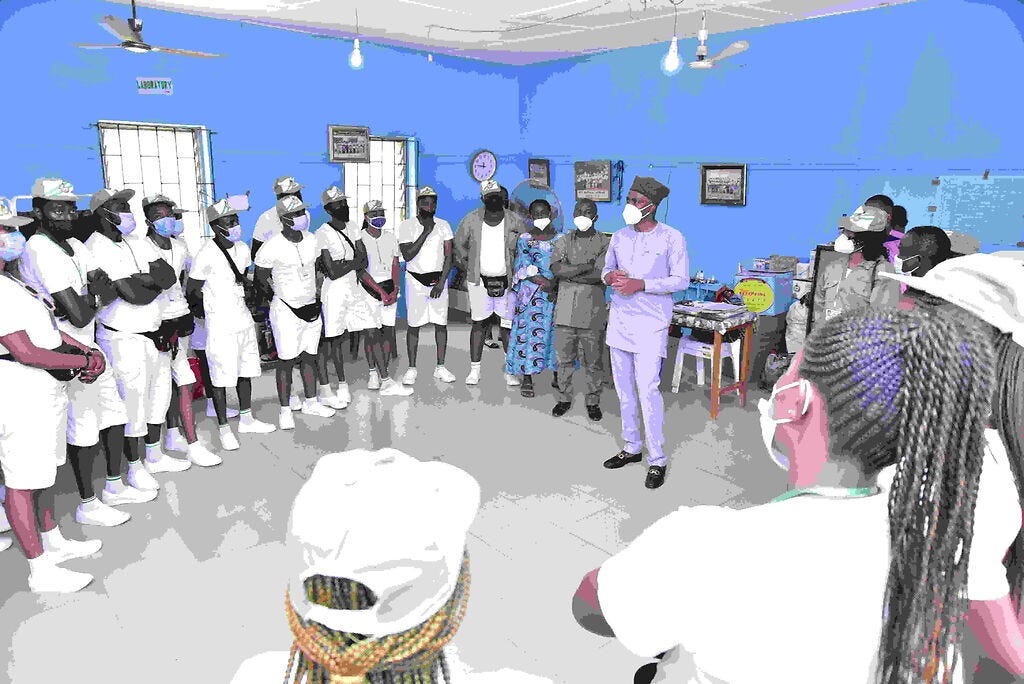
The team introduced the ‘Medical Corps Fellowship’, a programme designed to provide quick, cost-effective, and quality healthcare, especially in rural PHCs. The medical corps members were onboarded into the fellowship by the Commissioner for Health and Human Services. This provided the opportunity to share the objective of the fellowship, which is to strengthen the capacity of young health workers while supporting delivery of quality services in under-served PHCs. Instead of posting a medical corps member to one health facility, as is the usual practise, corps members were posted to cover more than one health facility in a catchment area. However, although this helped provide skilled manpower in rural communities that had little or no health professionals, there were limitations where corps members could be posted to. Some corps members were unable to speak the local dialect, so language was sometimes a barrier, but by working with translators, some of these challenges were mitigated.
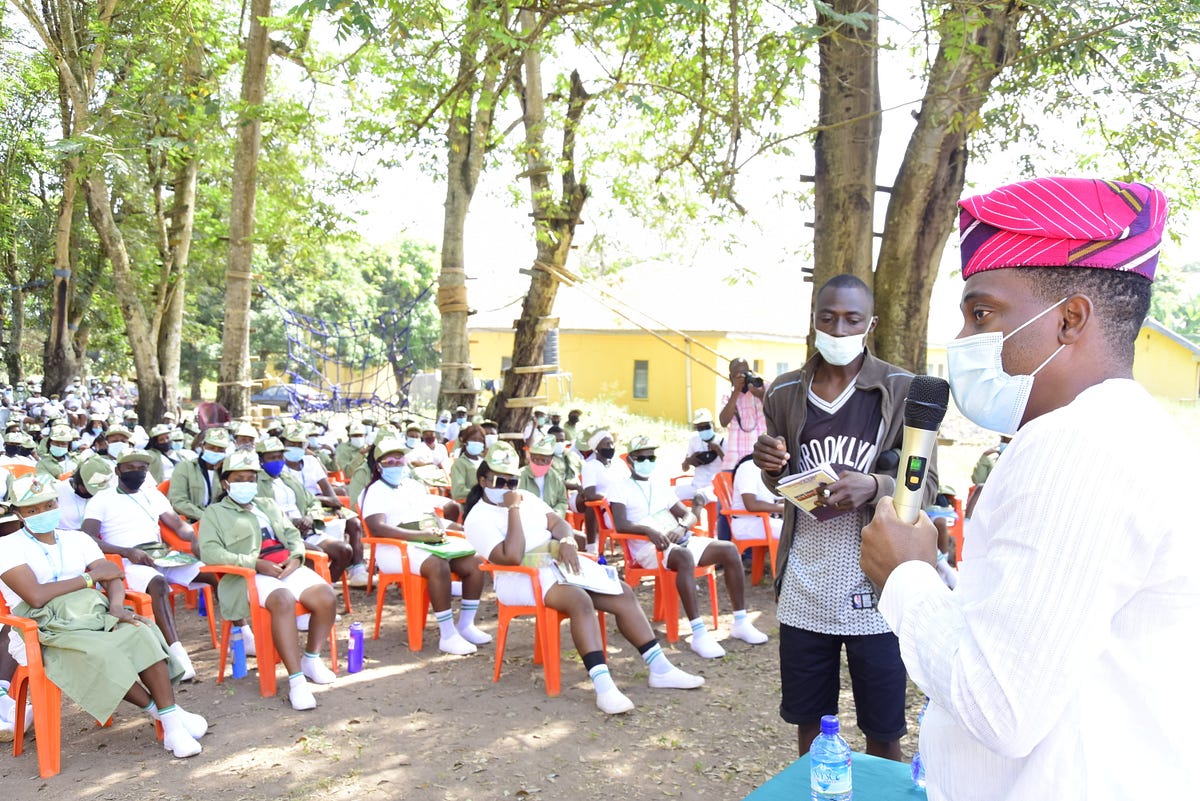
The medical fellowship members also visited facilities to collect data on service delivery and provided mentorship to health workers in those facilities. “The data informed action on areas that needed attention,” said Onyeama. The high point of her time there was the knowledge transfer to other healthcare workers, she added. To build their capacity and ensure that they could provide the required care, the state also developed a curriculum of personal development courses that the corps members took throughout their service year.
Investing in health security was imperative because of the recurrent infectious disease outbreaks that had been recorded across the country. The COVID-19 pandemic further heightened the importance of building a resilient state health security architecture. While the state had a team responsible for responding to public health emergencies, it appeared fragmented, Dr Filani revealed. Assembling the right team was integral to ensuring the state was prepared to respond to public health emergencies. The state team was reorganised with coordination provided by a new State Epidemiologist, Bosede Alowooye and they were able to reactivate the state public health emergency operations centre (EOC) which was previously inactive. “We are building the capacities of state public health officials and have trained the staff of our teaching hospital to have their own EOC. This way, they can respond to any outbreak within 24 hours,” she said.
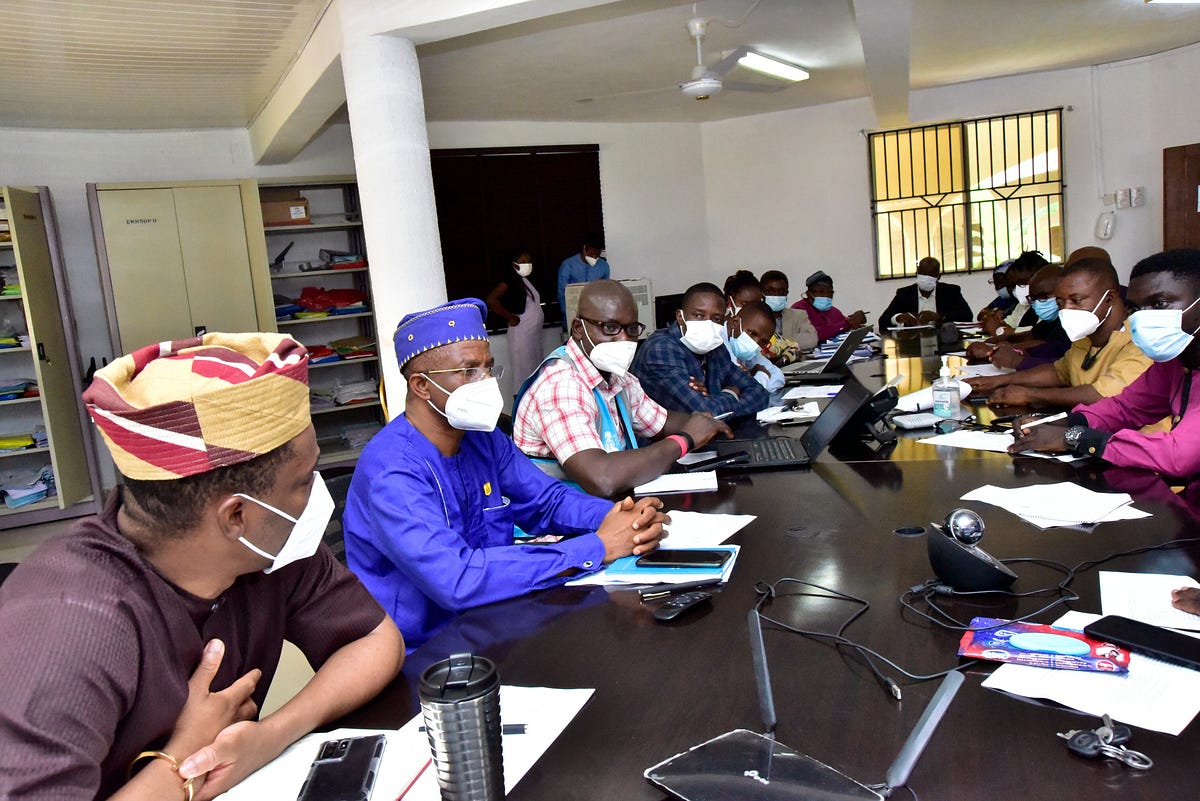
Alowooye disclosed that the state had a budget line dedicated to health security, but bureaucratic processes often made access difficult. Having faster access to these funds, additional surveillance vehicles and a more standard EOC with equipment for real-time surveillance can improve their work, she said.
Using data to inform decision making
Ekiti State was one of the first states to completely administer the COVID-19 vaccines allocated to them. Discussing how they achieved this, the Commissioner for Health and Human Services said their reliance on data played a key role. Before receiving the vaccines, they conducted a poll to gauge vaccine acceptance in the state; 54.4% of the respondents said they would take the vaccine, 22% said they would not, while 23.6% were undecided. These results informed the campaign messages they produced before the vaccines arrived in the state. While influential leaders and celebrities are important to drive campaigns, they opted to use local influencers who hold sway with grassroot people. This was another strategy that helped their advocacy to reduce vaccine hesitancy, Dr Filani said.
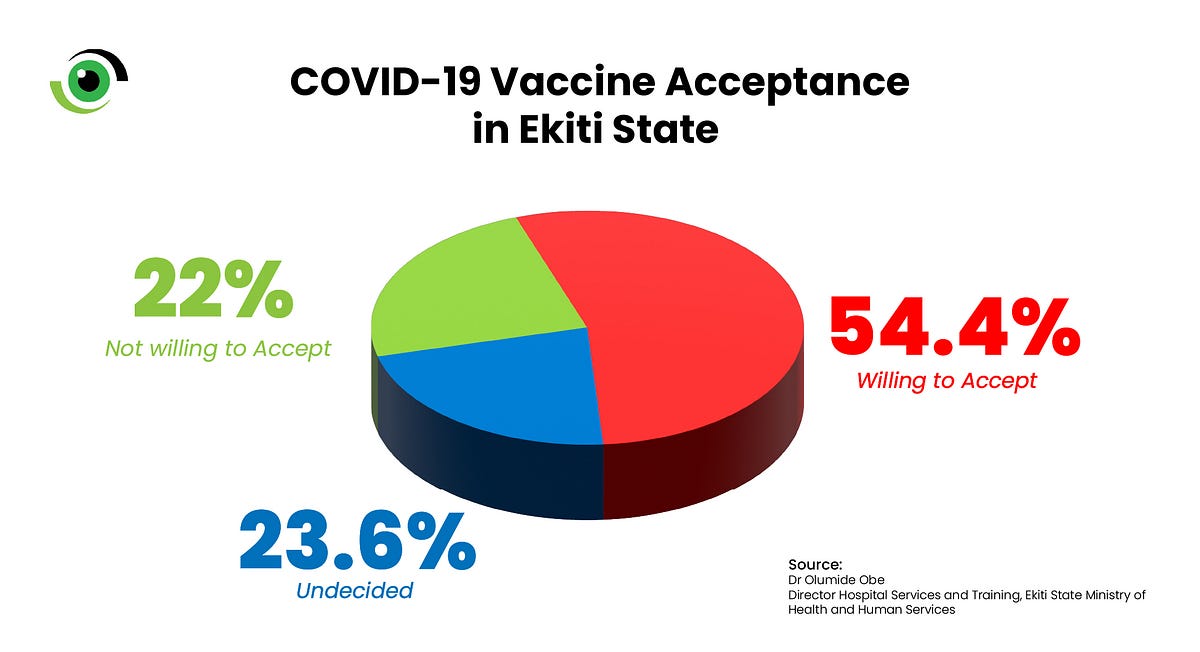
The Governance Innovation Framework with Massachusetts Institute of Technology to build the capacity of two teams of civil servants to proffer solutions to issues of health security and quality of care is an ongoing strategy aimed at strengthening the state’s health system. As drivers of policy implementation in the public sector, civil servants have great potential to improve service delivery, if given the opportunity and trained accordingly, said Zikar Elendu, Special Adviser on Communications and Strategy. She added that if innovation and improved governance is to be ingrained and sustained in the public sector, civil servants must drive it.
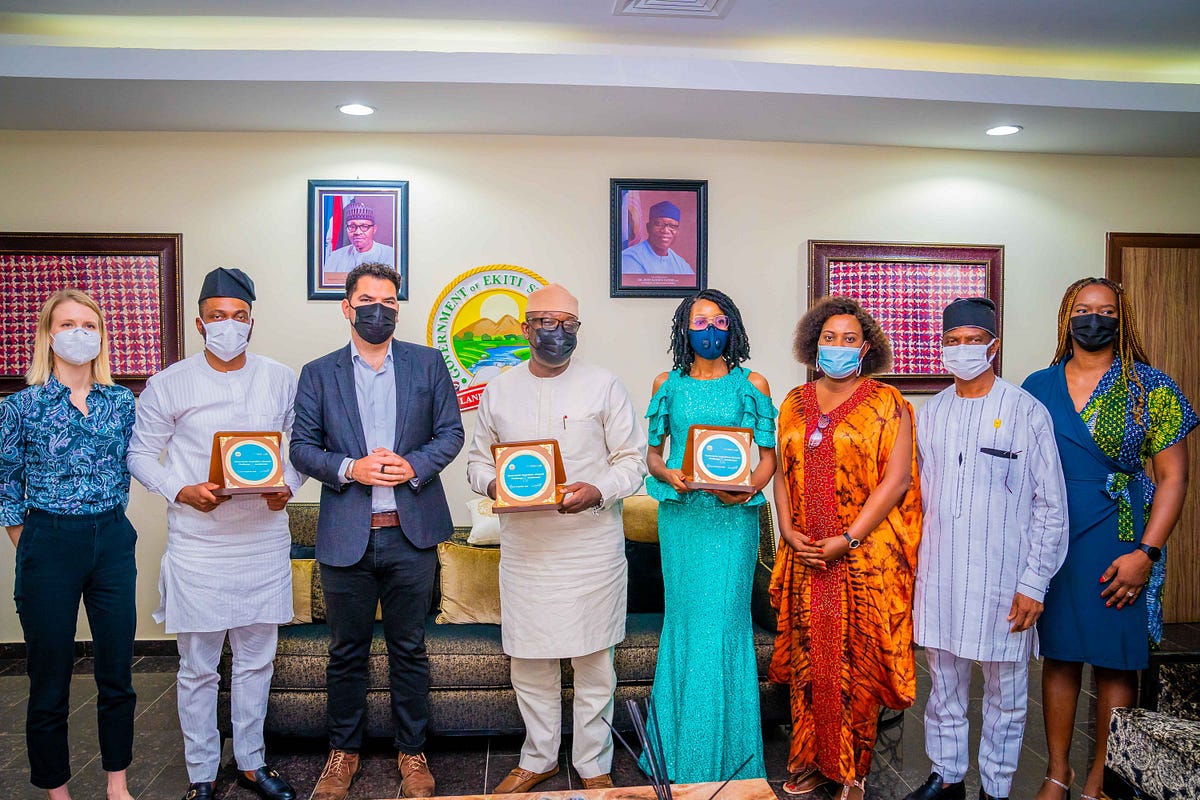
A well-functioning health system responds efficiently and effectively to a population’s health needs and expectations. To function effectively, a health system requires human resource, funding, information management, supplies, transport, communications, and clear direction. WHO advises that addressing these key constraints are integral to strengthening health systems. It takes deliberate effort and determination to address the constraints integral to strengthening health systems. If all states are deliberate about strengthening their respective health systems and putting in place systems to measure the impact of health interventions, they will ultimately improve the health of their populace, protect them against health threats and ultimately ensure that resources are efficiently used and directed to where they are needed the most.
Details of the achievements of the Ekiti State Ministry of Health and Human Services can be found in the impact report.


